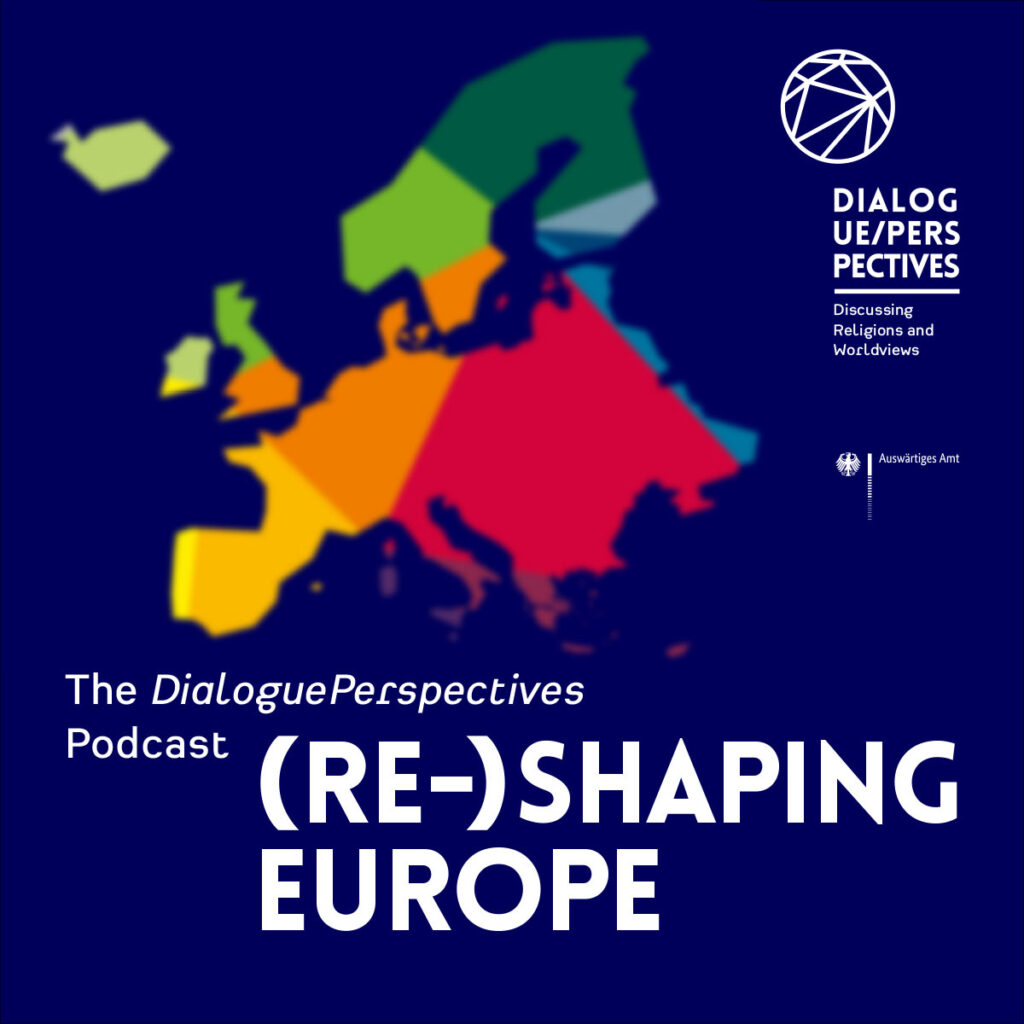DialoguePerspectives.
Discussing
Religions
and Worldviews
DialoguePerspectives. Discussing Religions and Worldviews trains young European leaders in the sciences, culture, politics and business to become experts in a new, society-oriented interreligious-worldview dialogue. DialoguePerspectives contributes significantly to understanding and cooperation in Europe, strengthens and defends European civil society and strives to shape a pluralistic, democratic and solidary Europe. read more
Within the framework of the DialoguePerspectives program, participants and alumni collaboratively foster a constructive dialogue grounded in social needs, focusing on interreligious and worldview dimensions. They employ practical, impact-oriented, and pluralistic dialogue methodologies, with the acquired insights being applied to significant realms such as social, scientific, political, cultural, and economic domains.
The outcomes, viewpoints, and expertise of program participants, alumni, and the team are showcased through a podcast and blog series, subsequently expanded and disseminated through the efforts of alumni and the network. Additionally, Dialogue Perspectives extends advisory services, further education, and training to government partners and civil society organizations.
At its core, Dialogue Perspectives is dedicated to advancing a pluralistic Europe where plualistic perspectives are deliberated, and tangible solutions are collaboratively devised for the multifaceted challenges facing European society. Given the myriad of societal challenges, the program emphasizes the identification and collaborative resolution of core conflicts, which are fundamental disagreements deeply ingrained in societal structures. These conflicts often revolve around essential values, beliefs, or structural issues, exerting profound and enduring impacts on societal dynamics. In the context of social interactions, core conflicts encompass political, cultural, religious, and socioeconomic disparities, among other factors that influence societal cohesion. Recognizing and addressing these key conflicts are pivotal steps toward constructing a more pluralistic society.
The core conflicts that dialogue perspectives address include:
Social polarization
▷ Dialogue-based counteracting of polarization developments towards a New Social Cohesion
Lack of plurality competence
▷ Comprehensive communication of plurality competence in Europe through educational programs, campaigns and policy papers
Nationalism vs. European unity
▷ Targeted combating nationalist, populist and extremist movements in Europe
Migration and flight
▷ Contributing to transforming the European approach to migration and refugee movements to an inclusive and productive form
Digital democracy and combating hate speech and disinformation
▷ Research and testing innovative participation options in the democratic process as well as work against hate speech and disinformation, especially in social media
Global climate crisis
▷ Debates about environmental policy, climate change and sustainability and their effects on European society from a pluralistic perspective






